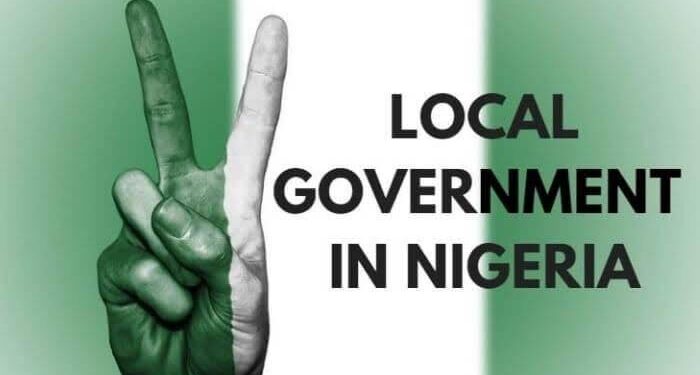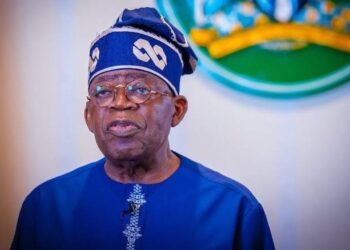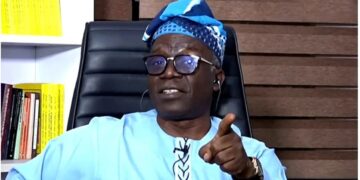During its plenary on Wednesday, May 15, 2024, the Senate urged the Tinubu-led Federal Government to revitalize the defunct local government administration in Nigeria. The Senate called upon the President to cease the allocation of funds to caretaker committee-led Local Government Areas and to organize a national dialogue involving governors, state legislators, local government officials, civil society organizations, and community leaders to deliberate on the full autonomy of local government administration.
The upper chamber, comprising several former governors, accused state governments of misappropriating the statutory funds of local councils.
Senator Suleiman Kawu, who presented the motion titled “Urgent plea to the President to revive the local government system in Nigeria,” stated, “Successive administrations have consistently eroded local autonomy, diminishing their financial resources and control over decision-making. Incidences of corruption and mismanagement have tarnished the reputation of some local governments, leading to widespread public skepticism…
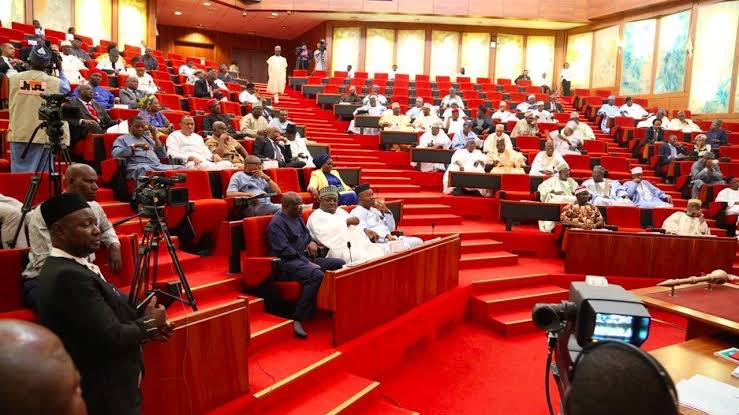
The challenges we are confronted with – persistent security threats, rural-urban migration, crumbling infrastructure, and extensive unemployment – necessitate decisive action. We firmly believe that empowering local governments is crucial to unlocking a brighter future for all Nigerians… Tinubu should also spearhead constitutional amendments that solidify and ensure genuine independence for local governments, granting them authority over their resources, decision-making processes, and the ability to shape their own development trajectory.”
The ‘functions of a local government council’ are outlined in the Fourth Schedule of the 1999 Constitution (as amended):
“1. The primary functions of a local government council are as follows –
(a) deliberating and making recommendations to a State commission on economic planning or any similar entity on – (i) the economic advancement of the State, particularly concerning the areas of jurisdiction of the council and the State, and (ii) proposals put forth by the said commission or entity;
(b) collection of rates, radio, and television licenses;
(c) establishment and upkeep of cemeteries, burial grounds, and facilities for the destitute or infirm;
(d) issuance of licenses for bicycles, trucks (excluding mechanically propelled trucks), canoes, wheelbarrows, and carts;
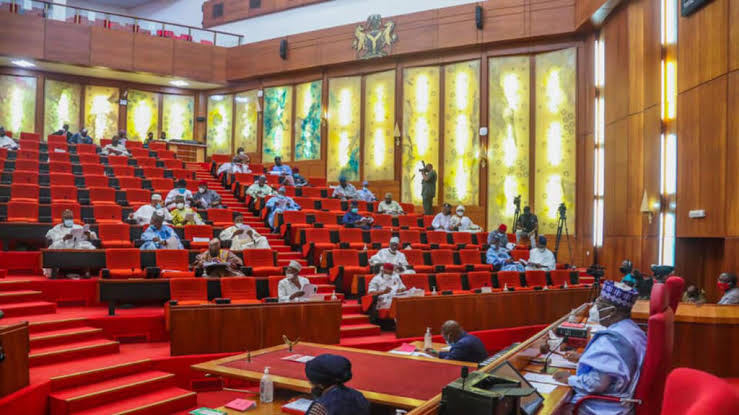
(e) setting up, maintenance, and regulation of slaughterhouses, markets, motor parks, and public amenities;
(f) construction and maintenance of roads, streets, street lights, drains, and other public thoroughfares, parks, gardens, open spaces, or other public facilities as may be specified by the State House of Assembly from time to time;
(g) naming of roads and streets and numbering of buildings;
(h) provision and maintenance of public facilities, sewage systems, and waste management;
(i) registration of all births, deaths, and marriages;
j) assessment of privately owned residences or buildings for the purpose of imposing rates as specified by the State House of Assembly; and
(k) supervision and regulation of – (i) outdoor advertising and billboards, (ii) movement and keeping of various pets, (iii) shops and kiosks, (iv) eateries, bakeries, and other food vending establishments, (v) laundries, and (vi) licensing, regulation, and oversight of liquor sales.
“2. The functions of a local government council shall encompass the involvement of said council in the governance of a State regarding the following matters – (a) provision and maintenance of primary, adult, and vocational education; (b) advancement of agriculture and natural resources, excluding the exploitation of materials; (c) provision and maintenance of healthcare services; and (d) any other functions assigned to a local government council by the State House of Assembly.”
A comprehensive evaluation of the aforementioned constitutional obligations in relation to the performance of the 774 local councils leads to an inevitable conclusion that local government administration, as observed by the Senate, is ‘non-existent’ in Nigeria.


